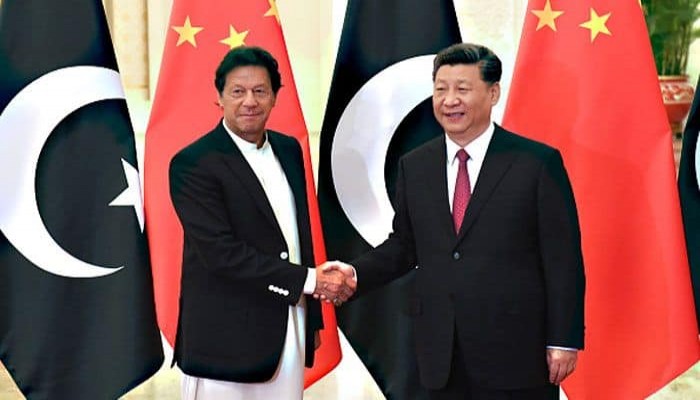The loan is reportedly being given as part of a bilateral currency swap agreement
—————————————————————————————————————————————————————————
15 December, 2020
Pakistan reportedly returned $1 billion on Monday, with plans for the remaining $1 billion to be paid in January.
Sources cited by the Express Tribune said the loan did not come from China‘s State Administration of Foreign Exchange (SAFE), nor was the bailout a commercial loan.
Beijing extended the money to Islamabad expanding a 2011 bilateral Currency-Swap Agreement (CSA) by an additional 10 billion Chinse Yuan ($1.5 billion). The overall size of the trade facility now stands at 20 billion Chinese Yuan ($4.5 billion), according to the report.
AD

Pakistan has used the CSA facility since 2011 to repay foreign debts and keep foreign currency reserves for trade.
Under CSA, the latest $1.5 billion Chinese injection will reportedly not be treated as part of Pakistan’s public debt.
A spokesperson for the State Bank of Pakistan (SBP) reportedly swerved questions on the Chinese loan, while Pakistan’s finance ministry said it was a “bilateral confidential matter”.
Saudi Arabia has in recent times scaled back its famed chequebook diplomacy, a longstanding policy of splashing petro-dollars in exchange for influence, which observers say has yielded few tangible gains.
For decades, the wealthy kingdom funnelled billions in aid to its allies – and to its enemies’ enemies – in a bid to bolster its position as an Arab powerhouse and leader of the Muslim world.
The move has led countries like Pakistan to look increasingly to its other major allies, including China, for economic assistance.

